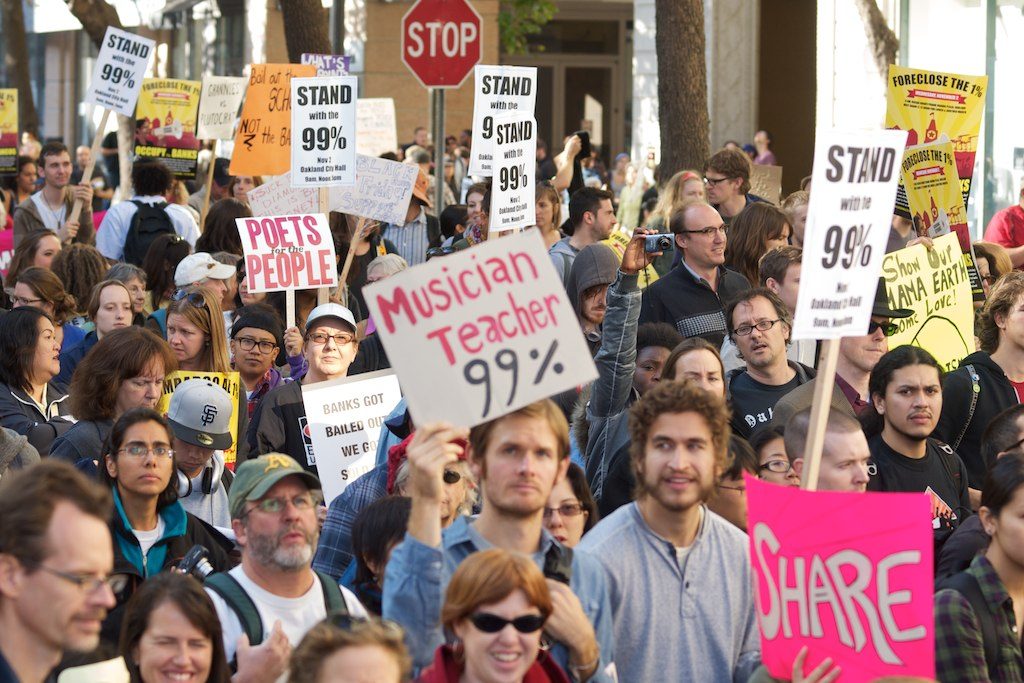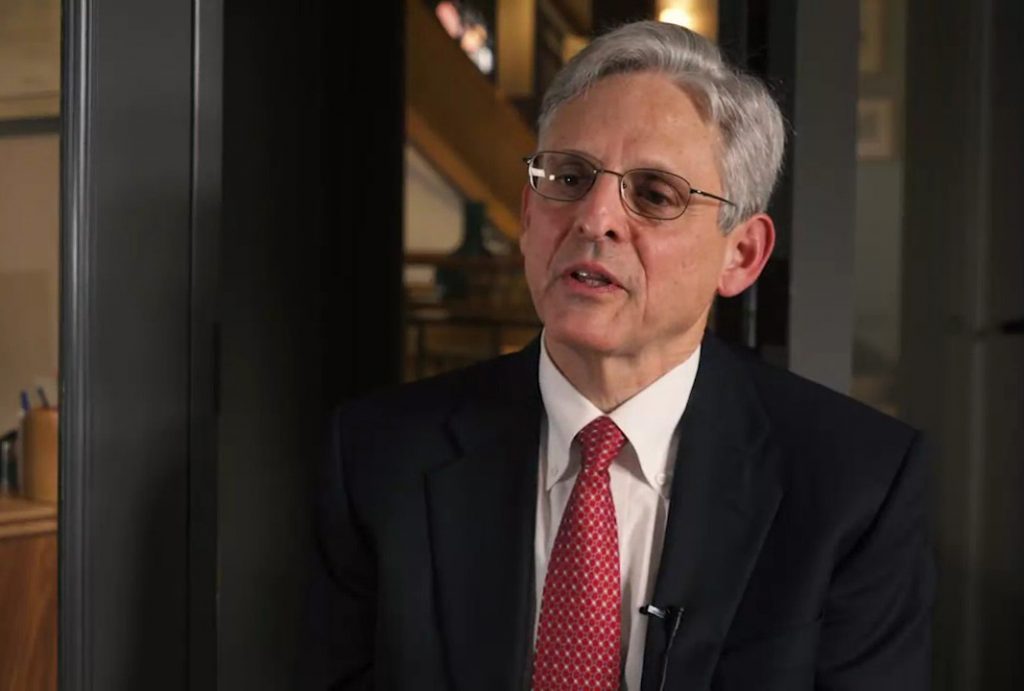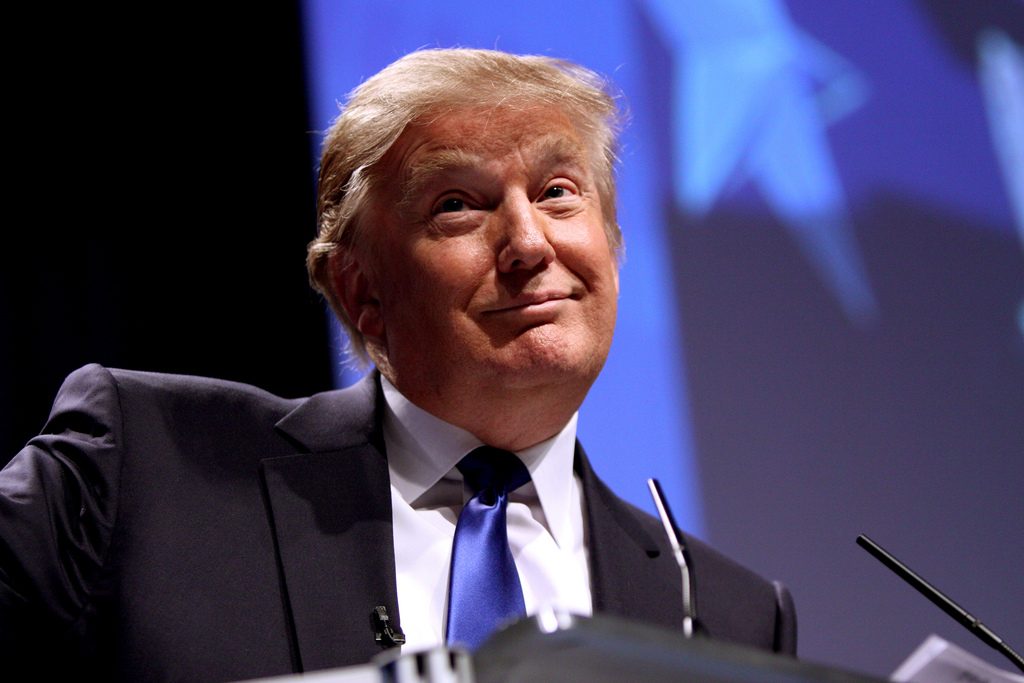I get that we can’t run Bernie Sanders in Georgia’s 6th Congressional District. I get that you have to start where people are rather than where you want them to be. I get that people don’t vote based on policy; instead, they tend to vote for who they like. I get that corporate special interests dominate our media.
I can explain much of this to people who I talk to about the Democratic Party. I can explain how they are better than Republicans.
Nevertheless, I’m struggling—especially when I talk to my friends on the left, the people who are fighting the grassroots fight. Especially because the right is speaking to the left. The right is telling them that the reason the Democratic Party is losing is because it’s not “left” enough.
I don’t think this is true (and will explain why below), but it doesn’t matter. If enough people believe it and drop out because of it, it’s going to hurt Democrats. In the past election, one of the reasons Trump won was because of the attacks from both the right and the left. The right gave people a reason to believe. The attacks from the left gave people a reason to disbelieve.
Ralph Nader wrote an article recently in The Intercept arguing that Democrats need to get rid of the crusty old people in the party with bad ideas. Setting the irony aside, things do need to change. But getting rid of people like Nancy Pelosi (arguably the most powerful Democrat in Congress right now) seems right up there with some of Nader’s other brilliant ideas—like how the left should work with libertarians. (Have you ever tried to work with someone who is so paranoid that they don’t trust any attempts at working together, Ralph?)
Nader’s idea that “policy precedes message” is wrong, and this leads him to a lot of not-so-great ideas. But he makes a valid point that things need to change. Here are a few thoughts on how.














